Electing serial abusers will ‘entirely discredit’ UN human rights body, campaigners warn
China, Russia and Saudi Arabia among nations set to win seats on the council
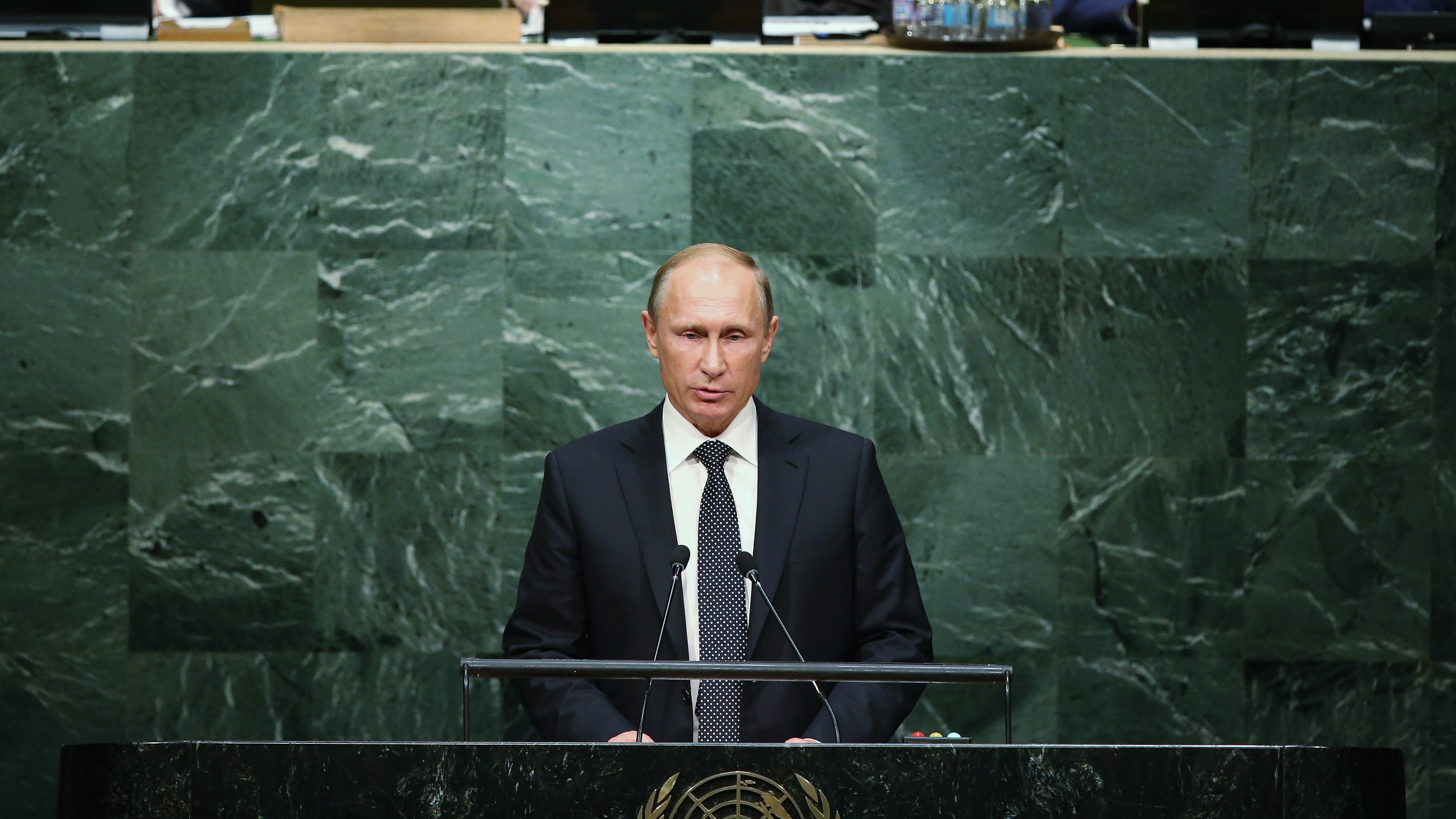
A free daily email with the biggest news stories of the day – and the best features from TheWeek.com
You are now subscribed
Your newsletter sign-up was successful
A string of countries accused of perpetrating human rights abuses are on course to win election to the United Nations Human Rights Council, despite protests from activists and political dissidents.
China, Saudi Arabia, Russia, Cuba and Pakistan are expected to secure places on the governing board of the organisation in a vote today - a move described by Geneva-based monitoring group UN Watch as “like making a gang of arsonists into the fire brigade”.
Each country must win 97 votes in the UN General Assembly to be appointed as one of the council’s 14 member states, “meaning a concerted campaign among democracies could still stand a chance of blocking their election”, The Times reports.
The Week
Escape your echo chamber. Get the facts behind the news, plus analysis from multiple perspectives.

Sign up for The Week's Free Newsletters
From our morning news briefing to a weekly Good News Newsletter, get the best of The Week delivered directly to your inbox.
From our morning news briefing to a weekly Good News Newsletter, get the best of The Week delivered directly to your inbox.
But “thanks to backroom deals”, Cuba and Russia are running unopposed, while China, Pakistan and Saudi Arabia are competing with Nepal and Uzbekistan for Asia’s four seats, the newspaper says.
The UK government is among the global powers that have been urged to oppose their election. Shadow foreign secretary Lisa Nandy has written to her opposite number Dominic Raab citing UN guidance that countries should “take into account the contribution of candidates to the promotion and protection of human rights” when voting, The Guardian reports.
Arguing that the treatment of Uighurs in Xinjiang is “prima facie, a crime against humanity”, Nandy and Labour are calling on Downing Street to “oppose China’s election” and “make clear to the world the reasons for doing so”.
If elected, it would be China’s fifth term on the council, having waited nine months to be eligible again under the terms of re-election. Yang Jianli, an exiled dissident, last week told a press conference organised by UN Watch that during the past year, Beijing has “escalated human rights repression across the board”.
A free daily email with the biggest news stories of the day – and the best features from TheWeek.com
Downing Street has refused to confirm how Britain will vote, with a Foreign Office spokesperson simply saying that “as the foreign secretary has said, the international community will not turn a blind eye to egregious human rights violations and abuses in Xinjiang”.
Human Rights Watch (HRW) has warned that the appointment of China and Saudi Arabia, which also held a seat on the council until 2019, would “prevent scrutiny of their abuses and those by their allies”.
The New York City-based organisation’s UN director, Louis Charbonneau, argues that “serial rights abusers should not be rewarded with seats on the Human Rights Council”, adding: “It’s not good for human rights or for the rights council when the worst rights violators get elected.”
In September, “dozens of nations condemned Saudi Arabia before the council over serious rights violations and demanded accountability for the murder Jamal Khashoggi”, the dissident journalist killed in the Saudi consulate in Turkey in October 2018, Al Jazzera reports.
The council has “alleged other serious rights violations in Saudi Arabia, including reports of torture, arbitrary detention and enforced disappearances, and HRW noted the Saudi-led coalition also continues to commit war crimes against civilians in Yemen”, the news site adds.
The potential election of Russia is extremely controversial too, with Moscow accused of repeatedly carrying out state sanctioned attacks on dissidents living in foreign countries.
Appointing Russia to the body would “entirely discredit” the UN as a defender of human rights, according to Bill Browder, who founded the Global Magnitsky Justice campaign following his close adviser Sergei Magnitsky’s death in a Moscow prison after being denied medical treatment.
Joe Evans is the world news editor at TheWeek.co.uk. He joined the team in 2019 and held roles including deputy news editor and acting news editor before moving into his current position in early 2021. He is a regular panellist on The Week Unwrapped podcast, discussing politics and foreign affairs.
Before joining The Week, he worked as a freelance journalist covering the UK and Ireland for German newspapers and magazines. A series of features on Brexit and the Irish border got him nominated for the Hostwriter Prize in 2019. Prior to settling down in London, he lived and worked in Cambodia, where he ran communications for a non-governmental organisation and worked as a journalist covering Southeast Asia. He has a master’s degree in journalism from City, University of London, and before that studied English Literature at the University of Manchester.
-
 The Gallivant: style and charm steps from Camber Sands
The Gallivant: style and charm steps from Camber SandsThe Week Recommends Nestled behind the dunes, this luxury hotel is a great place to hunker down and get cosy
-
 The President’s Cake: ‘sweet tragedy’ about a little girl on a baking mission in Iraq
The President’s Cake: ‘sweet tragedy’ about a little girl on a baking mission in IraqThe Week Recommends Charming debut from Hasan Hadi is filled with ‘vivid characters’
-
 Kia EV4: a ‘terrifically comfy’ electric car
Kia EV4: a ‘terrifically comfy’ electric carThe Week Recommends The family-friendly vehicle has ‘plush seats’ and generous space
-
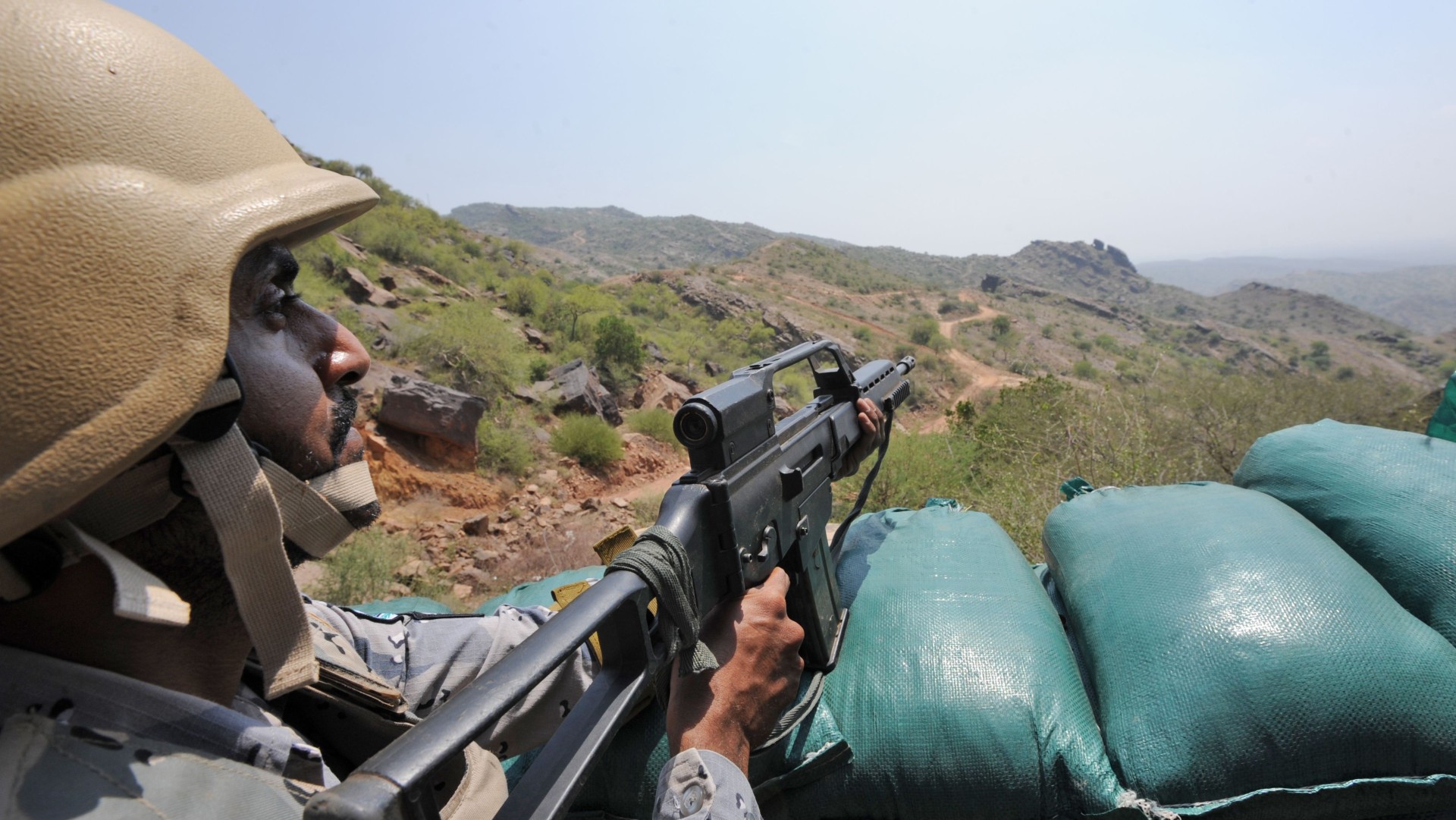 Hundreds of Ethiopian migrants ‘killed by Saudi border guards’, says human rights group
Hundreds of Ethiopian migrants ‘killed by Saudi border guards’, says human rights groupSpeed Read Human Rights Watch believes if killings were ordered by government it would constitute a crime against humanity
-
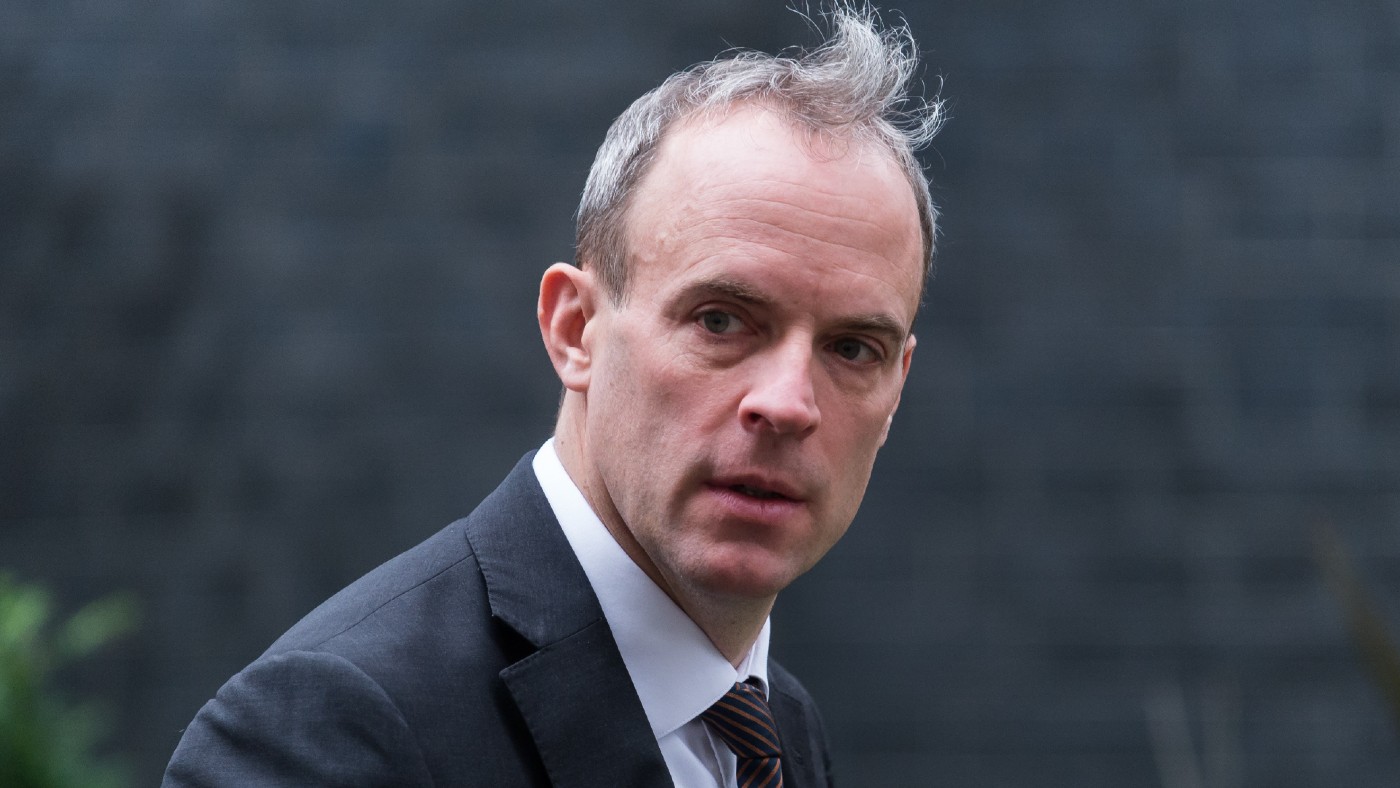 Dominic Raab’s ‘power of veto’ for dangerous criminals explained
Dominic Raab’s ‘power of veto’ for dangerous criminals explainedIn Depth Ministers want to be in charge of changing release dates of the most high-risk offenders
-
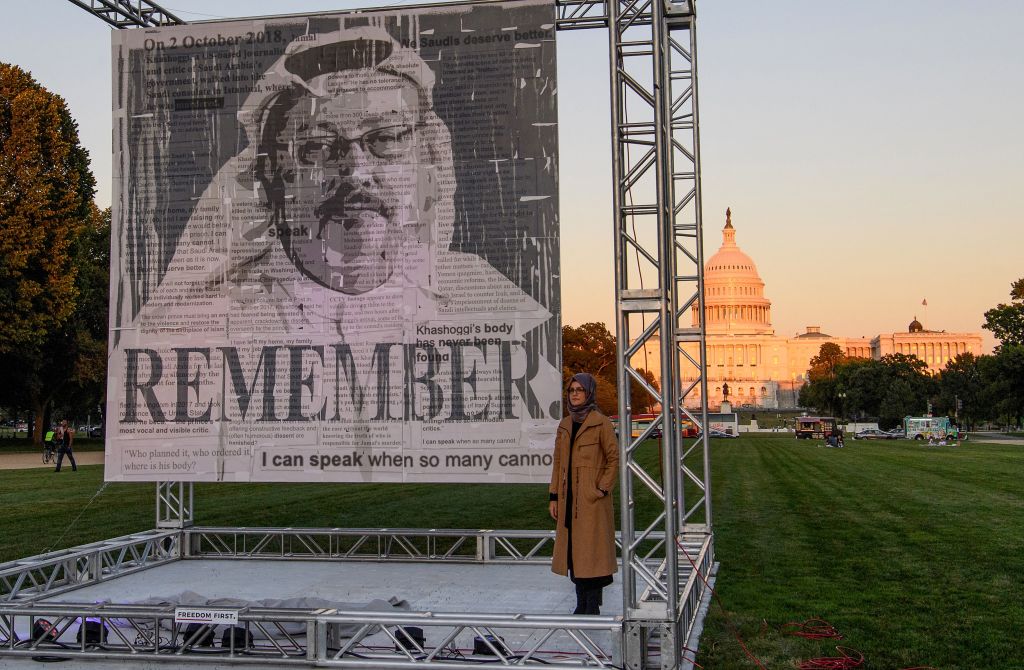 France says it arrested Jamal Khashoggi murder suspect. Saudi Arabia claims they have the wrong man.
France says it arrested Jamal Khashoggi murder suspect. Saudi Arabia claims they have the wrong man.Speed Read
-
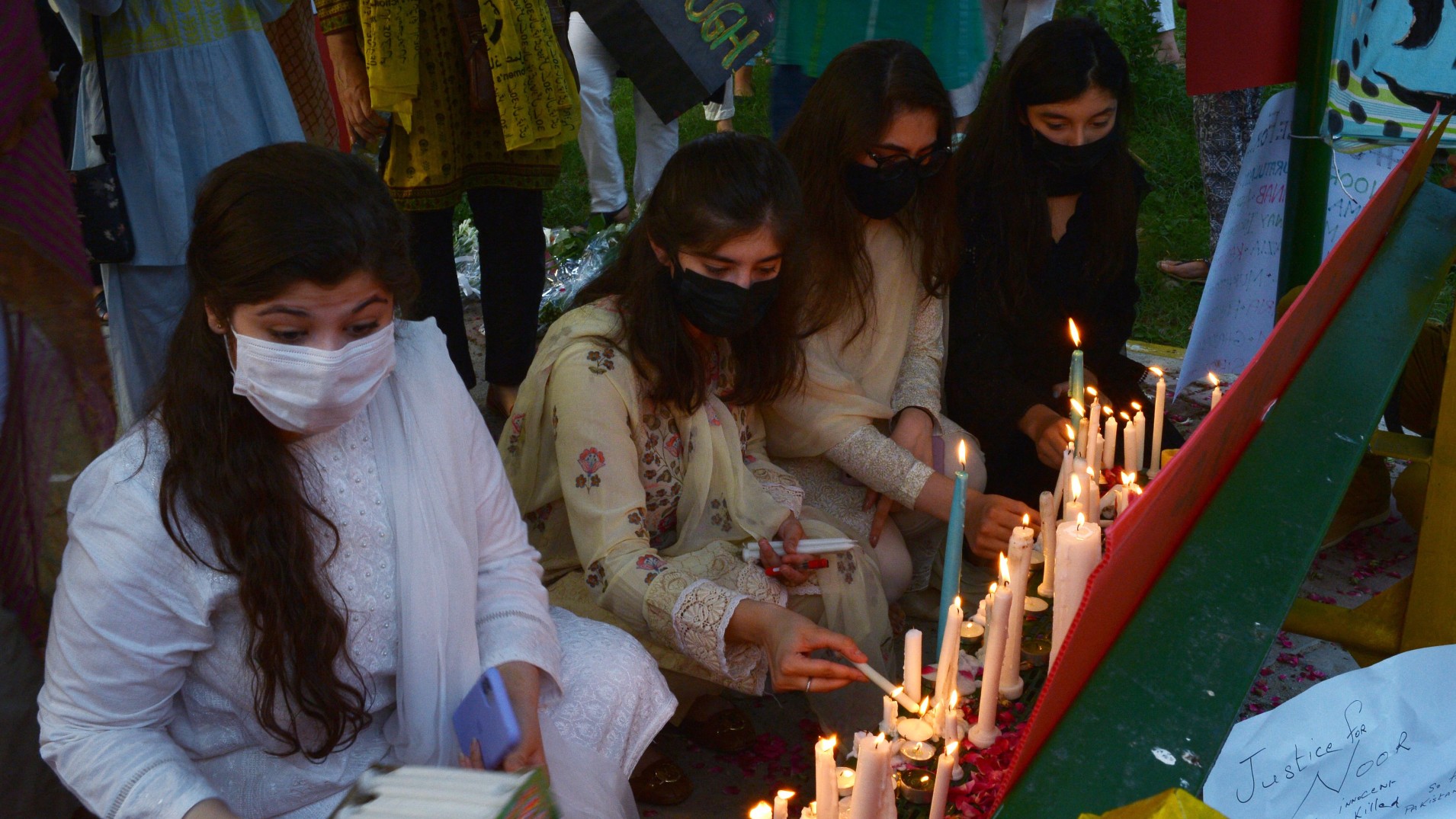 What is gender terrorism?
What is gender terrorism?feature Pakistani activists call for action on country’s high rate of gender-based violence
-
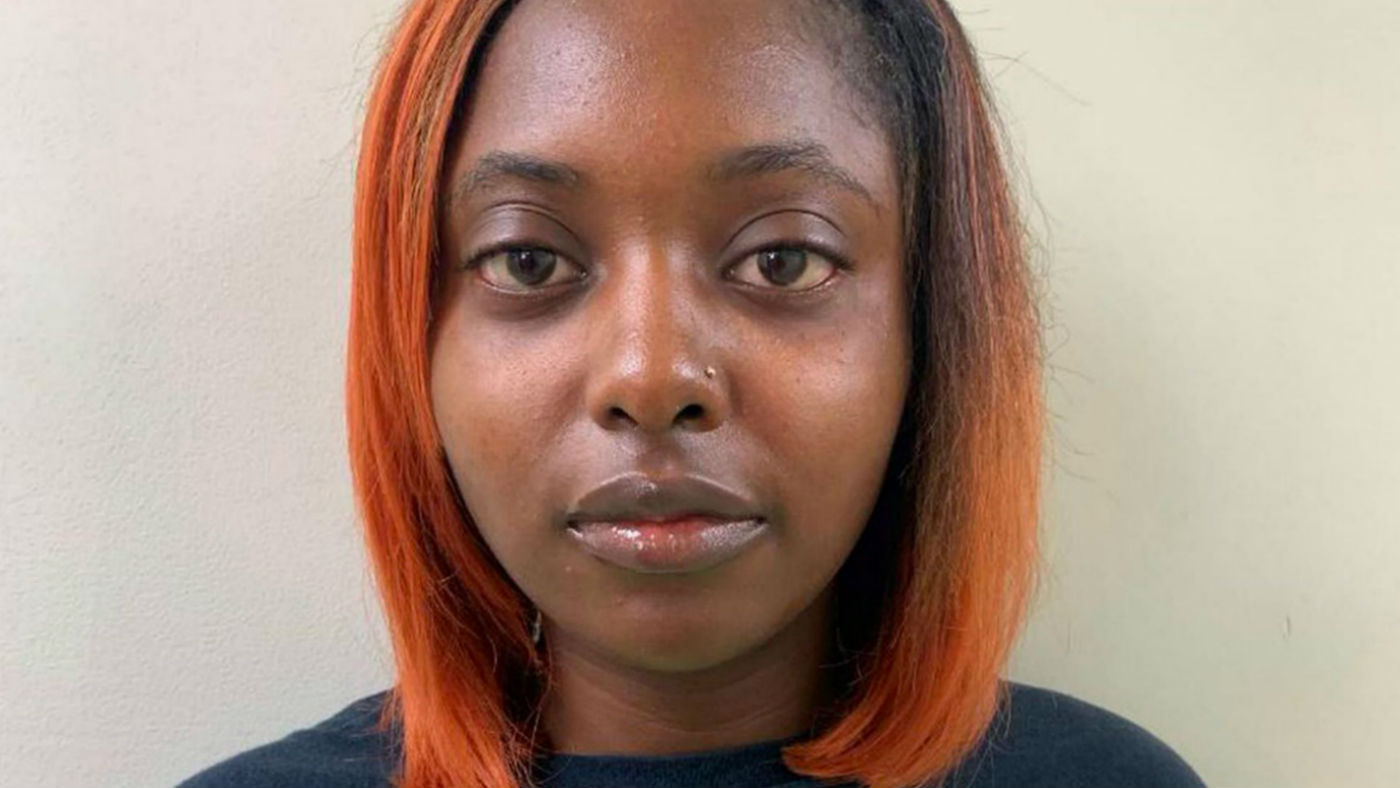 Why gunshot victim has been charged over death of her unborn baby
Why gunshot victim has been charged over death of her unborn babyIn Depth Marshae Jones, 27, to face manslaughter trial in Alabama after being shot
-
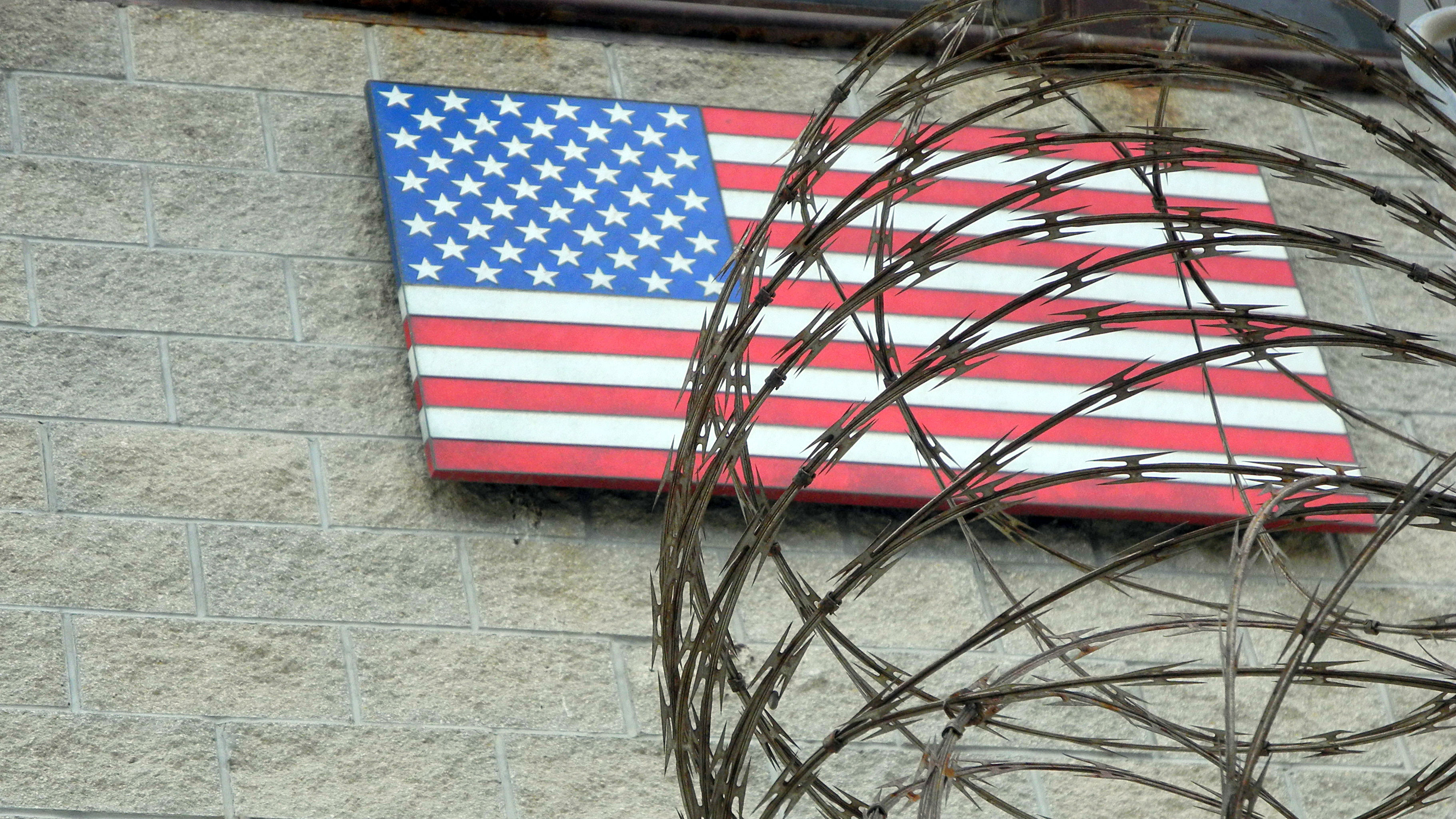 Guantanamo Bay: As Obama releases more detainees, what is the future of the notorious prison?
Guantanamo Bay: As Obama releases more detainees, what is the future of the notorious prison?In Depth While the President wants the camp closed, his successor Donald Trump has vowed to fill it with 'bad dudes'
-
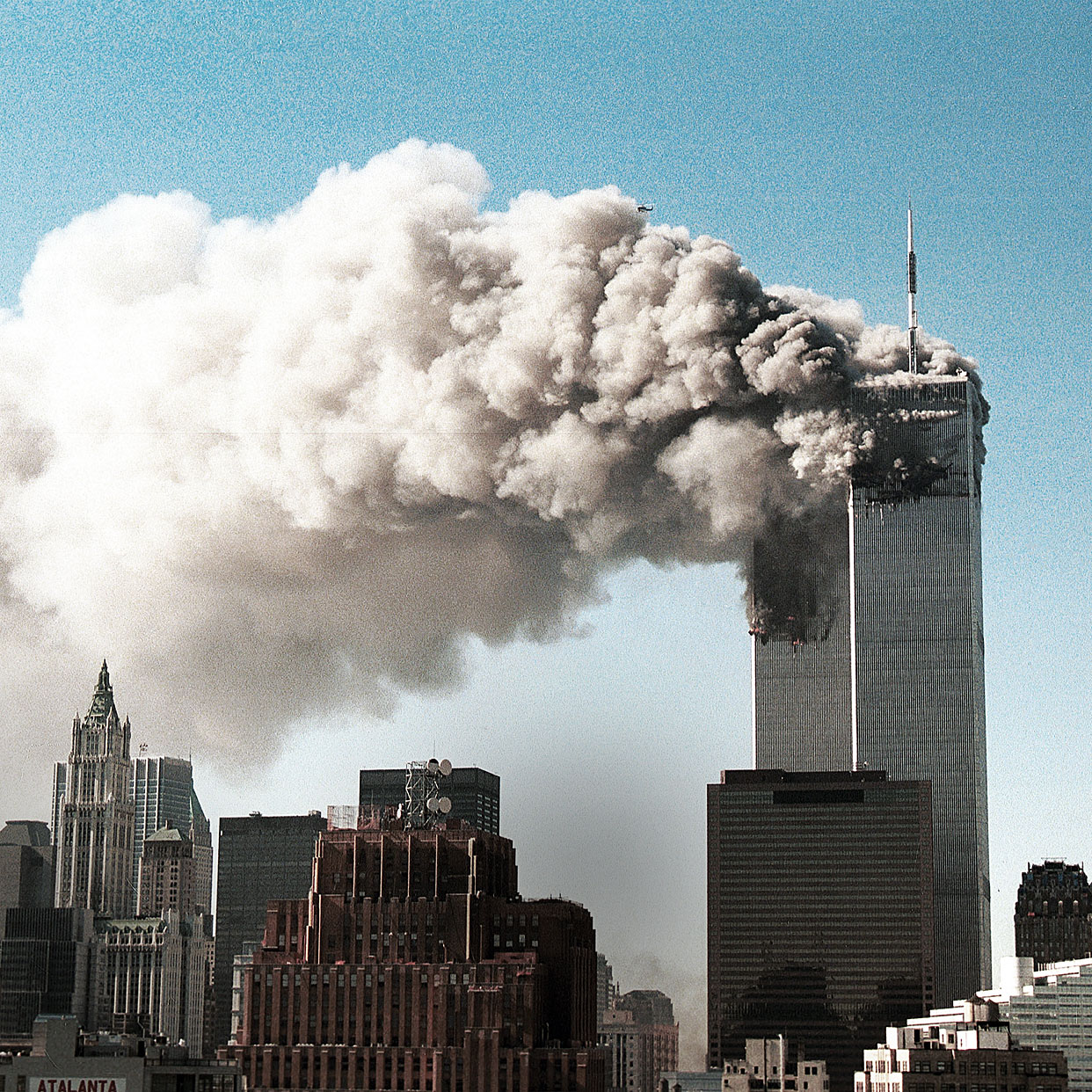 US poised to publish secret file on Saudi Arabia and 9/11
US poised to publish secret file on Saudi Arabia and 9/11In Depth Classified 28-page report could link Saudi government with Twin Tower hijackers